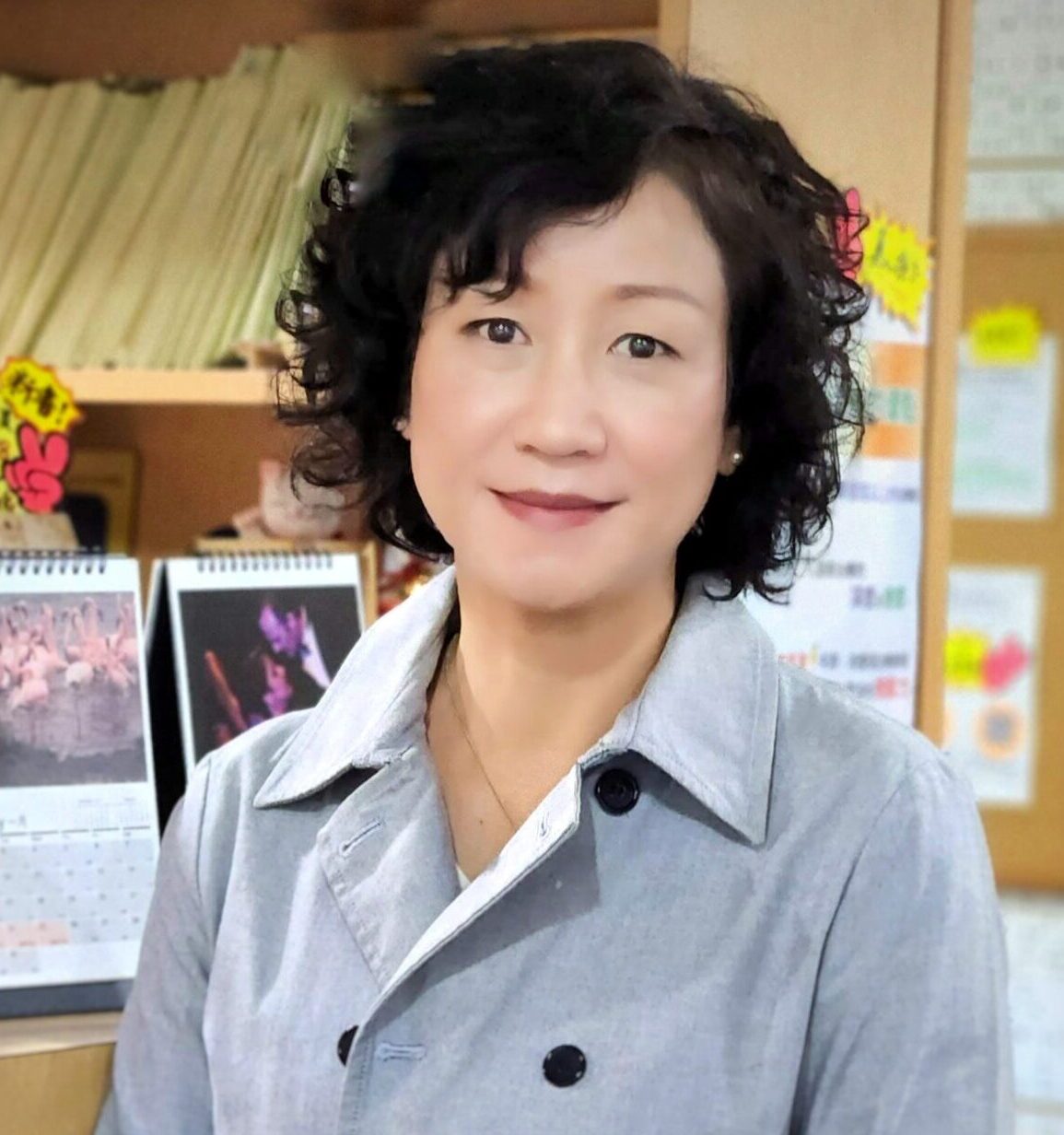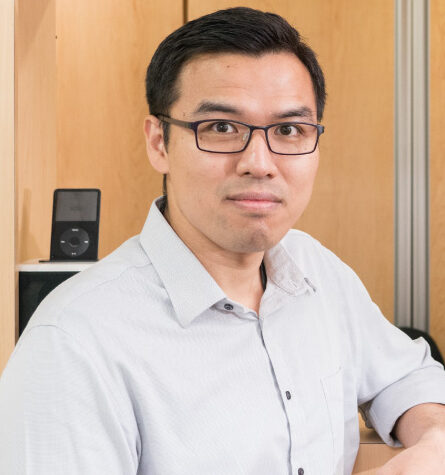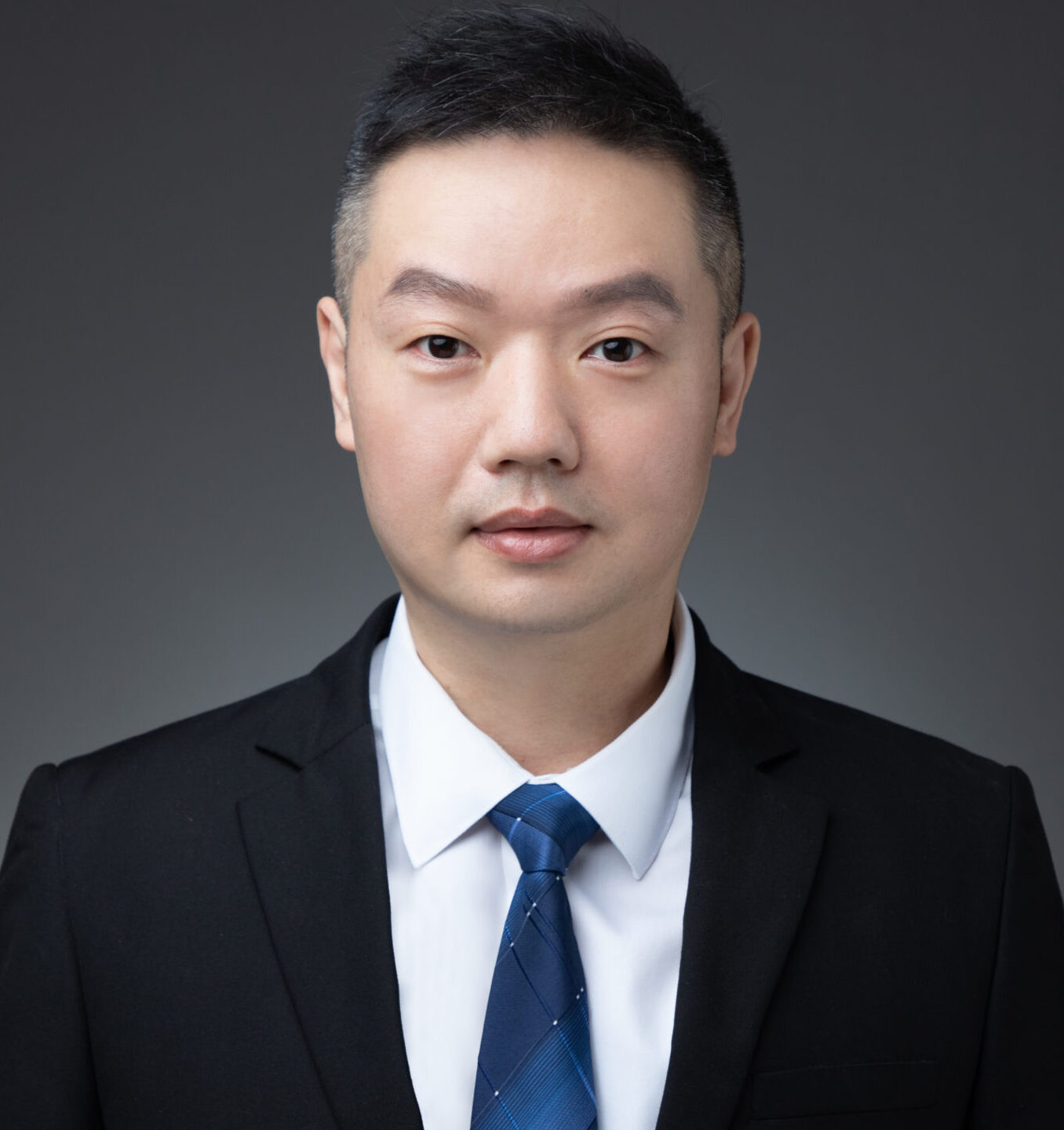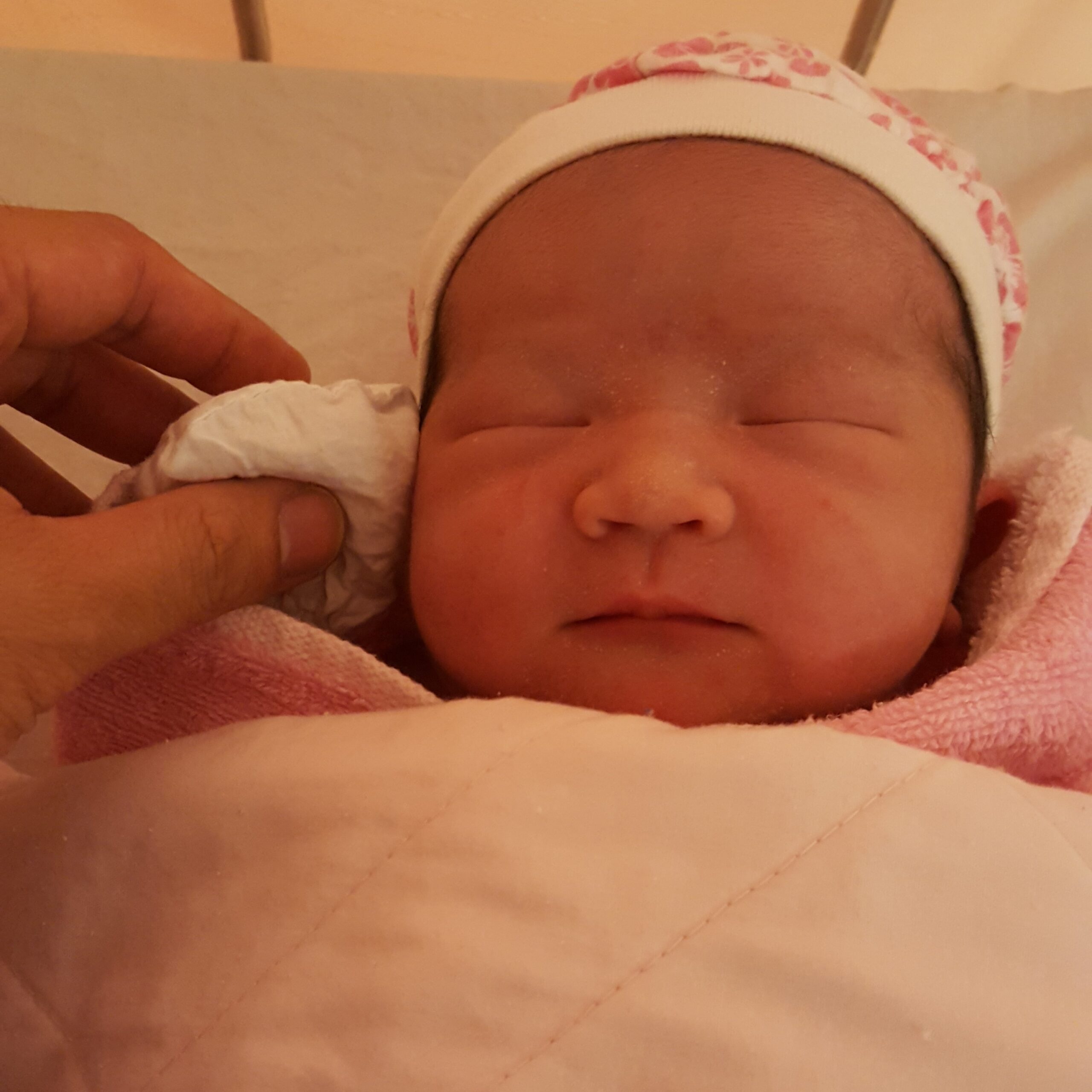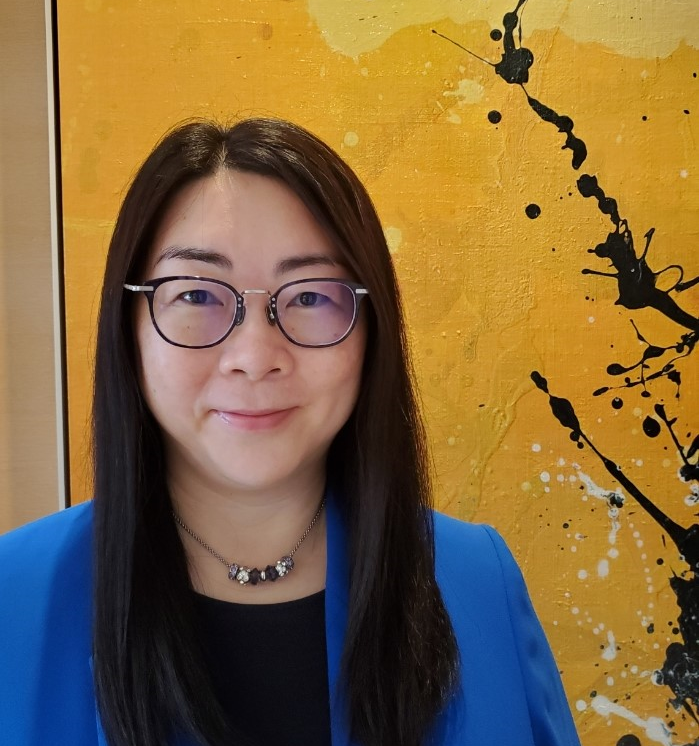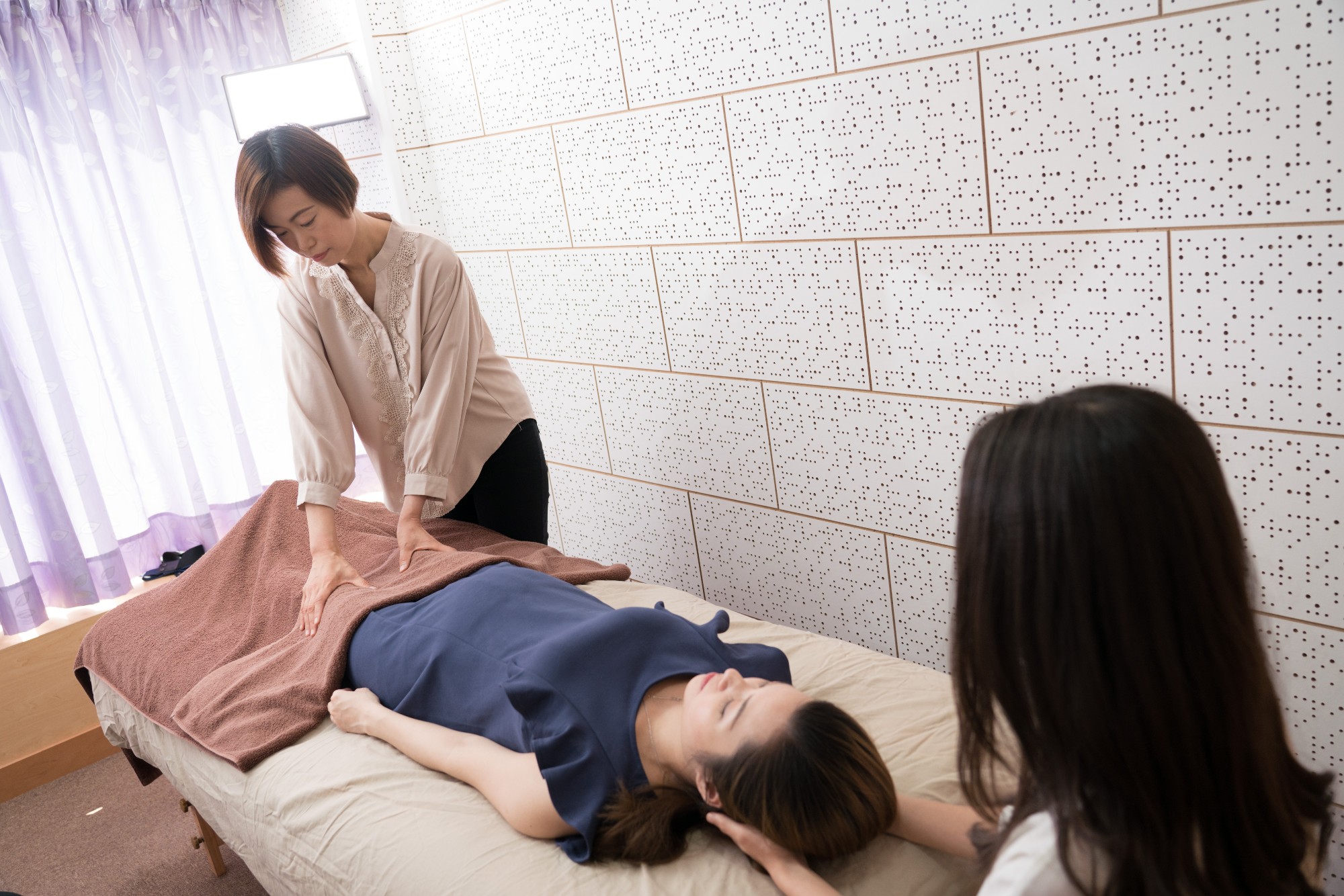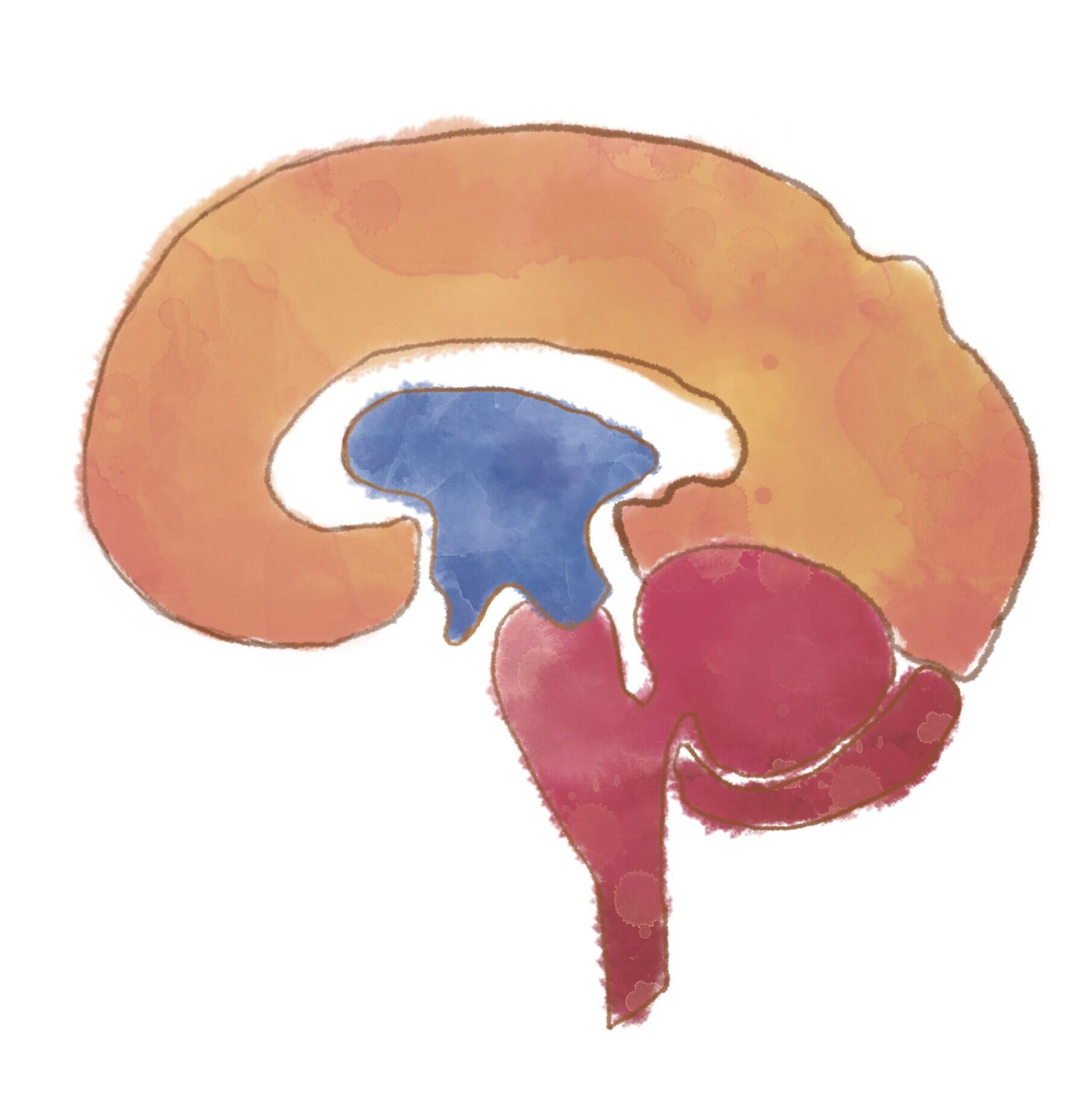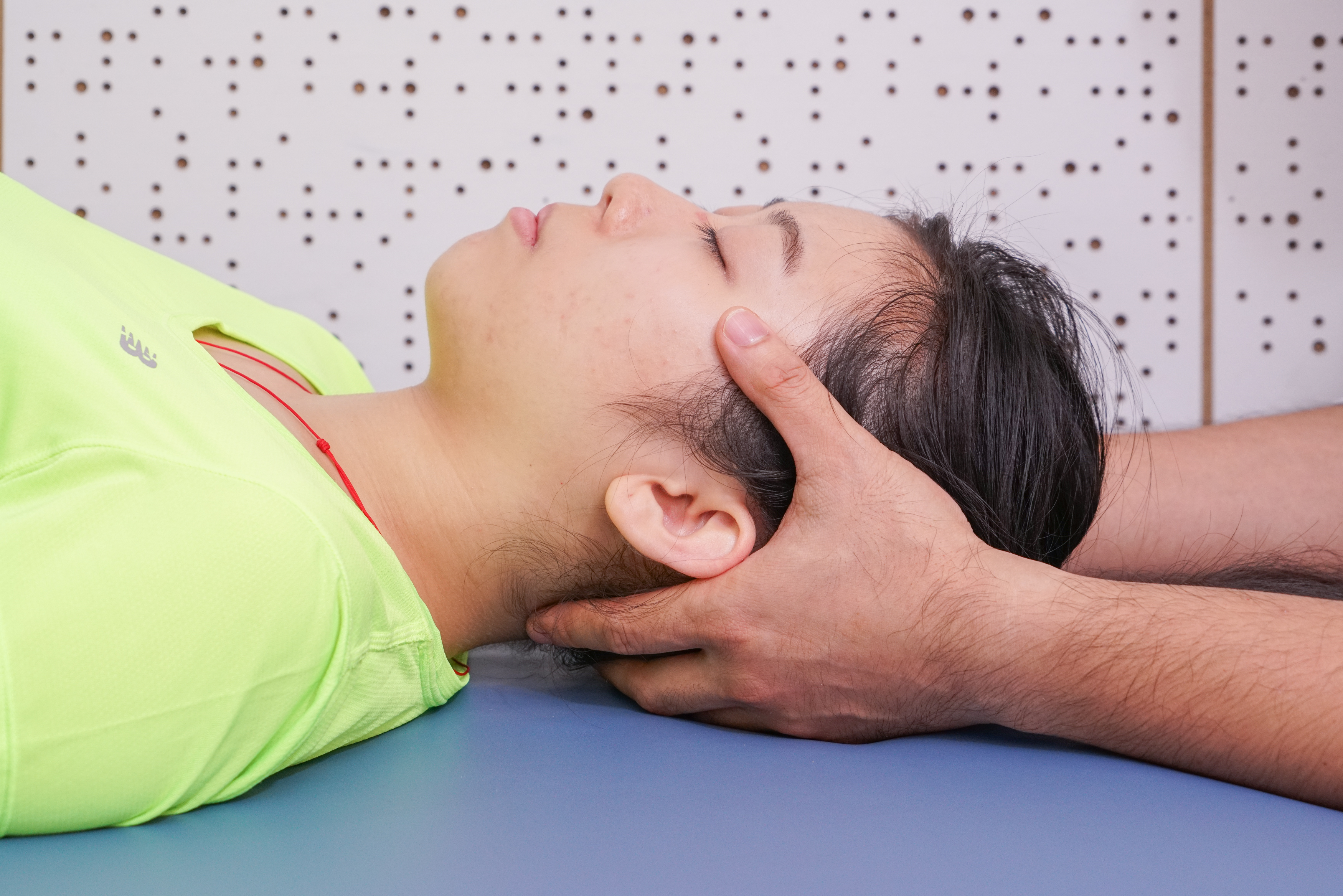
Q & A
-
As I know, peadiatric CST requires high level of skills, how do I know the therapist is capable of dealing with my child's problem?
There is a few things parents can look at: the first one is the level of the therapist's study. Peadiatric CST is never included in the beginner course of CST, no matter the therapist studied from Acorn Seminars or Upledger Institute, peadiatric course should be at least the forth class. Therapist attended 2,3 classes probably has not obtained the peadiatric training.
The second thing is the certification examination. Acron Seminars provided 3 levels of certification examination, peadiatric materials are included in the middle level-Journeyman level. There are 2 levels of certification in the Upledger Institute in which only the higher level-Diplomate level tested the therapist peadiatric skills. So any therapist has passed the above certification examination should be regarded as having the basic skills of treating peadiatric cases. One more thing deserve your notice is many students who have attended the higher level CST class do not pass the certification, having attended the peadiatric class does not necessarily represent having the skills.
One more thing is asking about the experience, such as the number of years since the therapists start treating babies and children, the smallest baby he ever treated and the number of peadiatric clients he handled everyday.
Please make sure you obtain the above information before deciding your therapist, we believe every responsible therapist should answer above questions fully.
And the bottom line is whether your child get better after the treatment? We have heard from serveral parents that they have brought their children to get CST elsewhere for more than 1 year and did not see any improvement! We feel so bad for these parents and their children. Not only it is a waste of money, but also wasting the precious time because their problems are easier to tackle when they are younger. The older the child get, the worse the prognosis is and the longer the time will take. Parents should able to see some improvement after 3-4 times of treatment, at most not more than 6 times. If parents cannot see any improvement afte 6 times, it is either CST cannot help your child or the therapist is not capable to do it right.
-
During the session, sometimes my kids cry so hard, is this normal? Can I distract him by toys and try to stop him crying? If I feel so difficult of seeing him cry, what should I do?
There is no fixed way of how the kids response during the session, they may be happy and laugh or sad and cry, they may be relax or keep moving, or sometimes fall asleep. As babies and kids are much more sensitive than adult, they can feel a lot of changes inside their bodies and they can feel some discomfort due to those changes, that's could be the biggest reason of crying in the session. Their responses during treatment are not constant and can change from session to session. But one thing we can expect is when they received more treatments and became healthier,the chance and the extent for them feeling discomfort always reduce.
Distracting them by toys and other methods to stop them from crying is not recommended, distraction would greatly affect the treatment effect. When they feel discomfort and cry, parents should stay with them, encourage them to finish the treatment and praise thier courage of doing this hard work.
Some parents feel very difficult of seeing thier babies and kids crying, it is a very normal situation as parents always feel sympathetic to their child, but it may be irrational to stop the treatment because of this reason. You may think about the fact that treatment is beneficial to your kids and it helps them getting better, even though the treatment process sometimes can be very tough for them, it always brings them a better life. And please remember when they received more treatments and became healthier, the chance and the extent for them feeling discomfort always reduce. Those crying will usually disappear gradually after certain sessions. If parents really cannot stand for the crying, waiting in the waiting room or asking maid or relatives to bring your kids for treatment could also be the options.
-
What is the importance of mouthwork? Why the therapist has to perform mouthwork so frequently? How the mouthwork is performed? I saw my child struggle and fight quite hard during the mouthwork, would my child get hurt?
Mouthwork included the treatments on maxilla, mandible and tongue. These regions directly connect to and have a big impact on some very important parts such as throat, neck, head and shoulder, that's why mouthwork is a very important part in CST. In the peadiatric case, they can always be benefited by mouthwork in terms of improving swallowing, improving tongue movement, relaxing neck muscle and helping speech ability, and mouthwork is the key part of dealing with the problem related to emotions, this explains why therapist always perform mouthwork on the kid with hyperactivity, developmental delay, autism, etc.
Therapist will put a plastic ring on one of his fingers (usually the index) for protection (unless the baby has no teeth or just a few), then put a plastic glove on, then will put the finger inside the mouth to release the soft tissue or hard palate.
When working on some children who fight and struggle a lot (e.g. autistic, hyperactive or severe delayed child), therapists need to be highly skillful to finish this work, but no matter how good the therapist is, it is impossible to hundred percent avoid any hurt in the mouth when facing very intense and strong fight, mostly would be mild cut of the lip or some gum bleeding which could happen in about 1/10 of the children. Those small wound would heal by itself in a matter of days, and usually happen in the first few times of treatment, as their problem gets better, the fight and struggle will get less and less intense which finally will disappear.
In about less than 1% of situation, the children will suffer from more prominent hurt from their intense struggle and fight during the mouthwork, say the tooth may get loose or even fall off. From our experience, the loosening or falling off problem happened only in milk teeth and affecting the incisors and the cannine only. But as far as we know, there is no absolute measure to avoid this incident from happening, and thus parents can make your own decision of whether letting your child receive the mouthwork, and therapist will try the best to answer your relevant question.
-
How frequent should my child recieve treatment? How many sessions does he need to fully recover?
There is no fixed answer of the frequency, it always depends on the type of illness, their age and their severity. Generally speaking, the younger the child, the more frequent the treatment. A new born can receive daily treatment when necessary. Children with long term illness such as learning disability and cerebral palsy may require a session every week or every two weeks. A severe case usually need more frequent treatment too.
The number of sessions needed depends on the same factors of the above question. The younger the fewer session needed, the number can range from few times to over hundred times, you may get a clearer answer from your therapist.

